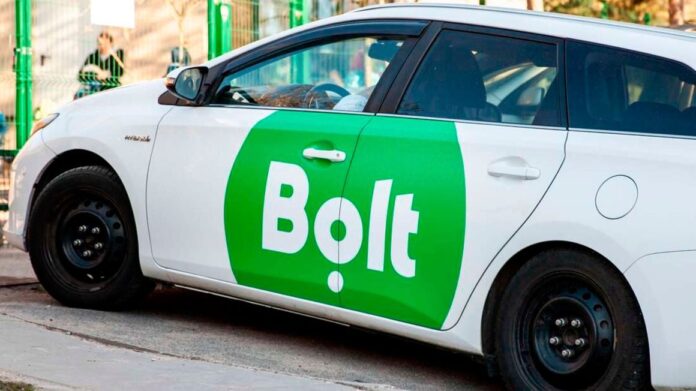In a challenge to the algorithmic control of ride-hailing companies, Kenyan taxi drivers are defying low fares by setting their own prices.
A price war between Uber, Bolt, and local competitors has driven fares down to unsustainable levels. “The cost of living has risen,” Dedan Kamau, a driver, explains, “and many of us have car loans.”
Mr Kamau noted that he negotiates higher fares with passengers, with about half agreeing. This approach clashes with Uber’s guidelines, highlighting the tension between the tech-driven world of ride-hailing and the realities of Kenya’s market.
Kenya, with its growing economy and low car ownership, is a crucial market for Uber in Africa. However, driver discontentment is not new. Strikes over low commissions have occurred twice this year alone.
“We are reviewing reports of customers being overcharged,” said Uber’s East Africa Head, Imran Manji. “We encourage all riders to report such instances,” Reuters reported.
Bolt, another major player, discourages fare hikes while a solution is sought.
Bolt’s Kenya manager, Linda Ndung’u, stated that the company is discouraging fare increases while the industry works to find a balance between driver earnings and customer affordability.
Drivers are finding ways to circumvent the industry’s united front. According to reports, they use walkie-talkie app Zello to coordinate pricing and have created fare guides displayed in their vehicles. These guides typically offer a minimum fare of 300 Kenyan shillings ($2.33), exceeding Uber and Bolt’s base price.
“We propose a rate based on our chart,” explains another Nairobi driver. “If they agree, we take the ride. If not, we negotiate further or decline.”
Local startup Faras Cabs has responded by raising fares by up to 20% to meet driver demands.
The ultimate cost falls on the customer. “Negotiations are time-consuming,” said Jecinta Koech, a customer who relies on the cab services.

